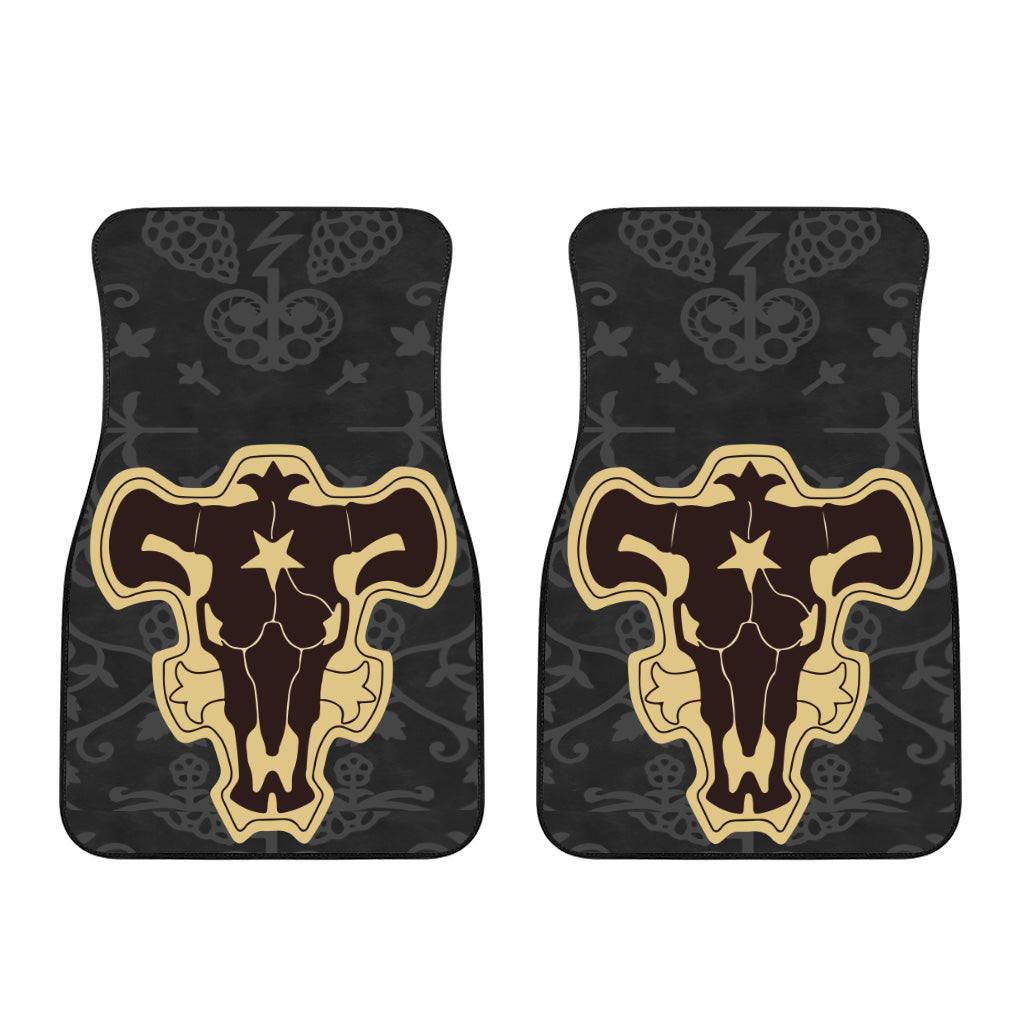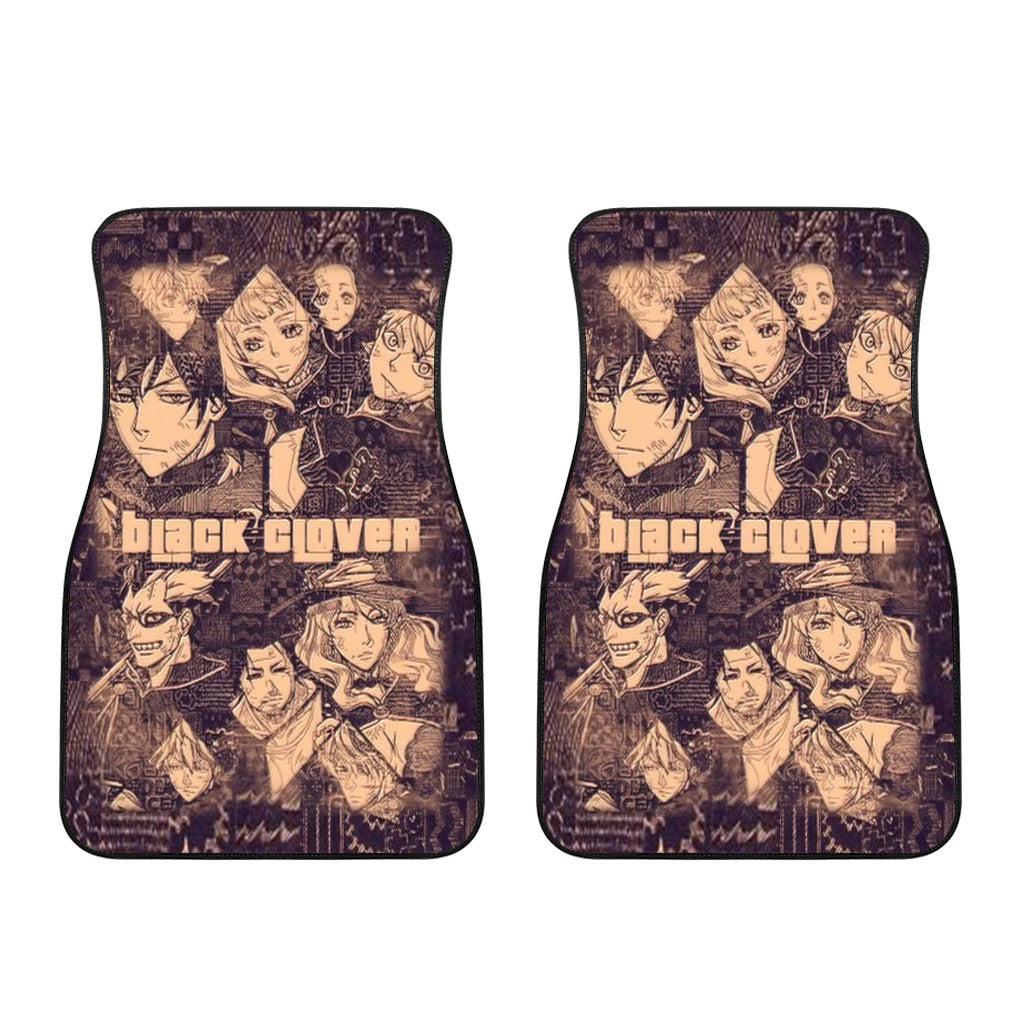No products in the cart.
Anime, Black Clover
Addressing Bias and Inequality in Black Clover
“Exploring Bias and Inequality in Black Clover”
Black Clover delves into relevant social issues, but how does the series tackle them? Like many anime, Black Clover has the potential to address social concerns, and it joins the ranks of shows that touch on important topics. The series tackles cultural bias and systematic inequality, but how effectively does it do so?
Cultural bias refers to prejudice against certain individuals or groups. This is a common theme in shonen anime, including Black Clover, where peasants and those with limited magical abilities face discrimination. Systematic inequality, on the other hand, is a broader issue that stems from an unfair system favoring certain groups. In Black Clover, magical ability and power are closely tied to social and economic status, with the poorest towns often having the least magical prowess.

One common approach to addressing bias and inequality is through personal success, proving stereotypes wrong. Another approach involves recognizing the problem and working to transform the system itself. Black Clover primarily focuses on the former, although it does touch on attempts to change the system to some extent.
The series highlights three core characters—Asta, Yuno, and Zora—who start as peasants and strive to overcome bias. They serve as tokens of lower social status, allowing viewers to see the world through their eyes. Asta, who possesses no magical ability, faces constant ridicule from nobles and even other peasants. He relies on determination and an anti-magic power to prove his worth. Yuno, with exceptional magical abilities, quickly gains recognition once his power is revealed. Zora, falling somewhere in between, faces bias for being a peasant but doesn’t experience it as severely as Asta.

While bias and inequality persist in the Clover Kingdom, progress is being made. Some prejudices about peasants’ capabilities and worth have diminished, largely due to Asta, Yuno, and Zora’s achievements during the royal knight selection exam. Efforts have been made to diversify the magic knight roster by including peasants, and characters like Noelle have undergone personal growth, overcoming their own biases towards peasants.
While the series occasionally employs heavy-handed messaging and emphasizes the characters’ peasant status, it remains reasonable given their character arcs. However, it would be beneficial to see more systemic changes within the society of Black Clover, as implicit bias is just the starting point.

Black Clover offers an exploration of bias and inequality, and while there is room for improvement, it addresses these social issues more effectively than many other series. The show’s focus on personal growth and overcoming stereotypes serves as a strong foundation, and additional efforts to transform the system itself would further enhance its impact.
We bring out some of the most well-known Black Clover collection, all of which are available at reasonable costs. Visit our link now if you are interested in the Black Clover collection

Black Clover Car Floor Mats, Black Bull Custom Car Floor Mats, Anime Custom Car Accessories
Black Clover Car Floor Mats, Black Clover Characters Car Floor Mats, Anime Car Accessories


Randall, Charlotte, Kirsch, Rill, Jack, Kaiser

